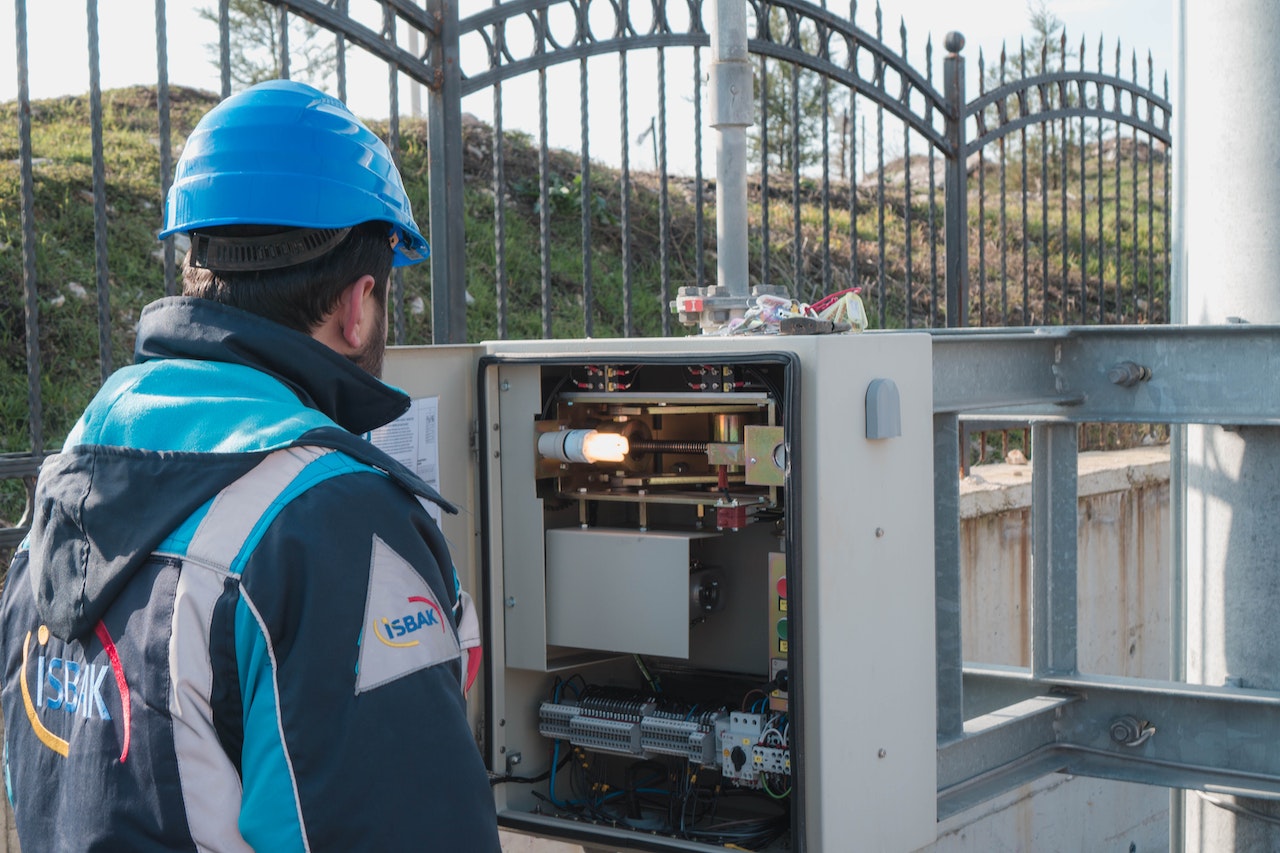Electrical engineer jobs and what you should know about them
Published

Electrical engineering is a technical field that deals with the application of electricity, electronics and electromagnetic fields. It includes the planning, development, construction, installation, maintenance and repair of electrical and electronic systems, devices and systems.
The applications of electrical engineering include, among others:
- Energy generation, transmission and distribution
- Electronic circuits and devices
- Automation technology and robotics
- Telecommunications and data transmission
- Computer hardware and networks
- Renewable energies such as solar and wind energy
- Security systems and alarm systems
- Electromobility
Electrical engineering has applications in many areas of our daily lives, from simple electrical switches to complex electronic systems in aircraft and satellites. Electrical engineering also plays an important role in developing alternative energy resources and reducing environmental impact through the use of energy conservation technologies.
Which electrical engineer jobs exist?

Those : unsplash.com
There are a variety of careers in electrical engineering including:
- Electrical engineer: Develops and plans electrical systems, devices and systems.
- Electrical Technician: Installs, repairs, and maintains electrical systems and equipment.
- Electrical Contractor: Installs and maintains residential and commercial electrical systems.
- Electromechanic: Repairs and maintains electromechanical systems and devices.
- Electronics engineer: Develops, builds and repairs electronic devices and circuits.
- Energy Engineer: Plans and implements alternative energy sources and energy systems.
- Automation Engineer: Develops and implements automated processes and systems.
- Telecommunications Engineer: Develops and plans telecommunications systems and networks.
- Network Engineer: Installs and maintains network and data communications systems.
- Switchgear fitter: Assembles and installs electrical switchgear.
- Measurement and control technician: Plans, installs and maintains measurement and control systems.
This list is not exhaustive and there are many other specializations within electrical engineering.
How complicated is electrical engineering?

Those : careerswales.gov.wales
The difficulty of electrical engineering as a subject depends on various factors, such as personal interest, willingness to learn and previous experience in mathematics and physics.
Electrical engineering can be a challenging subject as it involves many complex concepts and theories that require a thorough understanding of mathematics and physics. Some of the most important topics in electrical engineering include electromagnetism, circuit analysis, signal processing, control systems, digital engineering, and electronics.
It takes time and effort to gain a thorough understanding of these topics, and many electrical engineering students must complete multiple courses in mathematics, physics, and other sciences to master these concepts.
However, there are many resources that can help you learn electrical engineering, such as textbooks, online courses, videos, and practical exercises. With the right attitude and willingness to work hard, many students and professionals can pursue a successful and rewarding career path in electrical engineering.
Which electrical engineering professions can be practiced remotely?

Those : onlinemasters.ohio.edu
Some electrical engineering jobs can be performed remotely, particularly those that specialize in software and data analysis. Here are some examples of electrical engineer jobs that can be done remotely:
- Software Development Electrical Engineer: Develop and test electronic and electromechanical systems and devices using software tools and technologies.
- Data Analysis Electrical Engineer: Analyzing electrical and electronic data to identify problems and find solutions.
- Electrical Technical Support Technicians: Assist customers with the installation, maintenance and repair of electrical and electronic equipment and systems.
- Electrical engineer for technical documentation: Create and maintain technical documentation such as manuals, installation instructions and system specifications.
However, there are also many electrical engineering jobs that cannot be performed remotely, particularly those that require physical work on electrical and electronic systems and devices. These include, for example, electrical engineer jobs in the installation and maintenance of electrical systems in buildings and industrial plants.








